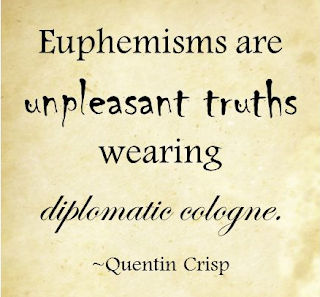 |
| blog.oxforddictionaries.com |
As you have probably heard, several days ago Oxford Dictionaries announced that Word of the Year 2015 is not a word at all. It's a pictograph, officially named the 'Face with Tears of Joy' emoji. The was chosen as the 'word' that best reflected the themes of 2015.
was chosen as the 'word' that best reflected the themes of 2015.
 was chosen as the 'word' that best reflected the themes of 2015.
was chosen as the 'word' that best reflected the themes of 2015.
For this year's Word of the Year campaign, Oxford University Press has collaborated with SwiftKey - mobile technology business - to find out statistics for the most popular and most used word worldwide. It turned out to be a symbol rather than an actual word. It has been identified that use of the word emoji increased considerably in 2015, and that the 'Face with Tears of Joy' one won the battle. According to the presented data, made up almost 20% of all the mojis used in the UK, and 17% of those in the US in 2015.
made up almost 20% of all the mojis used in the UK, and 17% of those in the US in 2015.
 made up almost 20% of all the mojis used in the UK, and 17% of those in the US in 2015.
made up almost 20% of all the mojis used in the UK, and 17% of those in the US in 2015.
In this case, the idiom 'a picture is worth a thousand words' definitely makes perfect sense. The emoji has certainly become a language of its kind and a new, enhanced way of communication. A message you want to convey to somebody in this manner gets a completely different dimension.
The following image represents the shortlist of notable words for this year.
What would you choose to be the 2015 Word of the Year?
I'd love to hear what you think - do you agree with the result?























